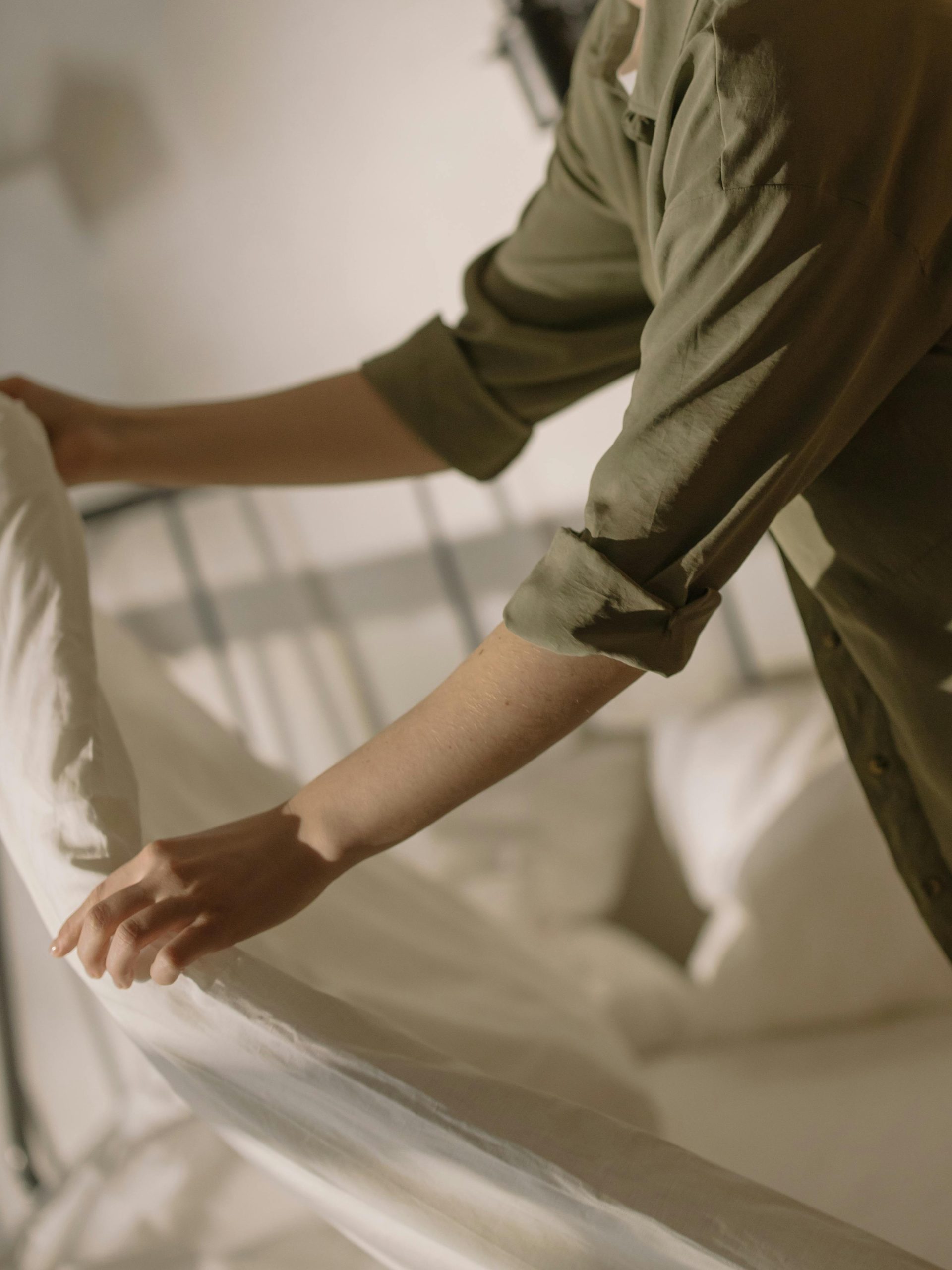Struggling to fall asleep or stay asleep through the night? You’re not alone. Millions of people worldwide suffer from poor sleep quality, which can negatively impact mood, productivity, and overall health. The good news is that improving your sleep doesn’t always require medication or drastic lifestyle changes. By adopting proven sleep hygiene habits, you can create an environment and routine that promotes restful, uninterrupted sleep. Here are seven science-backed strategies to help you get better sleep tonight.
1. Stick to a Consistent Sleep Schedule
Your body thrives on routine, and sleep is no exception. Going to bed and waking up at the same time every day—even on weekends—helps regulate your internal clock, known as your circadian rhythm. This consistency makes it easier to fall asleep and wake up naturally.
- Set a fixed bedtime: Choose a time that allows for 7-9 hours of sleep.
- Avoid sleeping in: Even if you had a late night, try to wake up at your usual time to maintain consistency.
- Gradual adjustments: If you need to shift your schedule, do it in 15-minute increments.
2. Create a Relaxing Bedtime Routine
A calming pre-sleep routine signals to your brain that it’s time to wind down. Engaging in relaxing activities can reduce stress and prepare your body for rest.
Effective Wind-Down Activities
- Read a book: Opt for physical books or e-readers with warm lighting instead of bright screens.
- Practice meditation or deep breathing: These techniques lower cortisol levels and promote relaxation.
- Take a warm bath: The drop in body temperature afterward can help induce sleepiness.
Avoid stimulating activities like intense workouts or stressful conversations right before bed.
3. Optimize Your Sleep Environment
Your bedroom should be a sanctuary for sleep. Small changes to your environment can make a big difference in sleep quality.
Key Factors for a Sleep-Friendly Bedroom
- Keep it cool: The ideal temperature for sleep is between 60-67°F (15-19°C).
- Block out light: Use blackout curtains or a sleep mask to eliminate disruptive light.
- Reduce noise: White noise machines or earplugs can help mask disturbances.
- Invest in a comfortable mattress and pillows: Your bedding should support proper spinal alignment.
4. Limit Screen Time Before Bed
Electronic devices emit blue light, which suppresses melatonin production—the hormone responsible for regulating sleep. Scrolling through social media or watching TV before bed can keep you awake longer than intended.
- Set a digital curfew: Avoid screens at least 1 hour before bedtime.
- Use night mode: If you must use devices, enable blue light filters in the evening.
- Replace screen time: Try reading, journaling, or listening to calming music instead.
5. Watch What You Eat and Drink
Your diet plays a significant role in how well you sleep. Certain foods and beverages can either support or disrupt your sleep cycle.
Foods and Drinks to Avoid
- Caffeine: Found in coffee, tea, and chocolate, caffeine can stay in your system for up to 8 hours.
- Alcohol: While it may help you fall asleep, it often leads to fragmented sleep later in the night.
- Heavy or spicy meals: Eating large meals close to bedtime can cause discomfort and indigestion.
Sleep-Promoting Choices
- Light snacks: A small portion of complex carbs or protein, like a banana or yogurt, can help stabilize blood sugar.
- Herbal tea: Chamomile or valerian root tea has natural calming properties.
6. Get Regular Exercise
Physical activity is one of the best ways to improve sleep quality—but timing matters. Exercise helps reduce stress and tires your body, making it easier to fall asleep.
- Aim for at least 30 minutes of moderate exercise most days of the week.
- Morning or afternoon workouts are ideal: Vigorous exercise too close to bedtime can be stimulating.
- Gentle evening activities: Yoga or stretching can help relax your muscles before bed.
7. Manage Stress and Anxiety
Worries and racing thoughts are common culprits of sleeplessness. Learning to manage stress can significantly improve your ability to fall and stay asleep.
Stress-Reduction Techniques
- Journaling: Writing down your thoughts can help clear your mind before bed.
- Progressive muscle relaxation: Tense and release each muscle group to promote physical relaxation.
- Mindfulness or guided imagery: Focus on calming mental images or breathing exercises.
Improving your sleep doesn’t have to be complicated. By incorporating these seven sleep hygiene habits into your daily routine, you can create the perfect conditions for restful, rejuvenating sleep. Start with one or two changes and gradually build from there. Consistency is key—stick with these practices, and you’ll likely notice improvements in both the quality and duration of your sleep. Sweet dreams!
